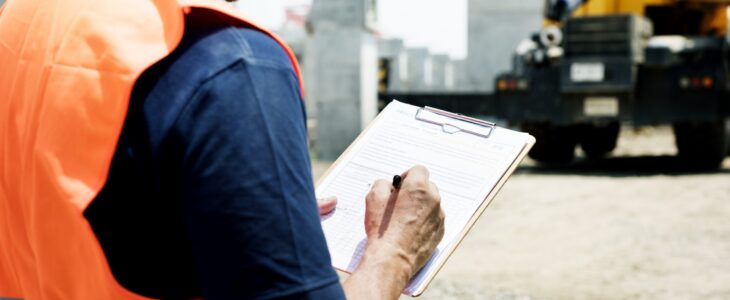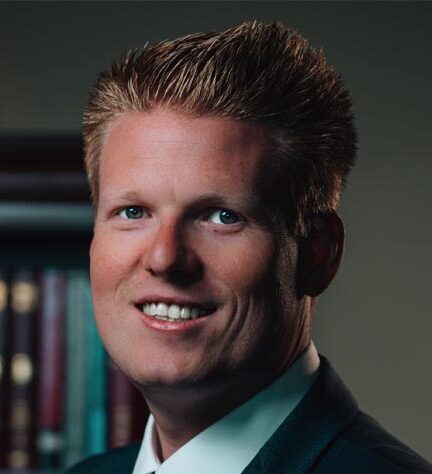Contractors, including disaster clean-up companies, are often the first people called to the scene when a major property damage event occurs. Some contractors are very experienced in handling repairs or restoration work which is related to an insurance claim. However, within the context of handling repairs that are the subject of an insurance claim, Contractors must be wary so as not to unintentionally act as public adjusters without a license. Contractors, including disaster clean-up companies, are often the first people called to the scene when a major property damage event occurs. Some contractors are very experienced in handling repairs or restoration work which is related to an insurance claim. However, within the context of handling repairs that are the subject of an insurance claim, Contractors must be wary so as not to unintentionally act as public adjusters without a license.
A “public adjuster” is defined in Section 626.854, Florida Statutes, as any person, except a duly licensed attorney at law, who for money, commission, or any other thing of value:
• prepares, completes or files an insurance claim form for an insured or third-party claimant or
• acts or aids in any manner on behalf of an insured or third-party claimant in negotiating for or effecting the settlement of a claim or claims for loss damage covered by an insurance contract or
• advertises for employment as an adjuster of such claims, and also includes any person who, for money, commission, or any other thing of value, solicits, investigates, or adjusts such claims on behalf of any such public adjuster.
According to Section 626.8738, Florida Statutes, if a contractor is illegally engaging in any of these practices on behalf of the insured for money or anything of value, the contractor may be subject to arrest and may be charged with a 3rd degree felony.
A common scenario of illegality arises when a contractor attempts to help a victim of a disaster with their insurance claim. The contractor might agree to perform the work on a damaged home after a hurricane in exchange for any insurance proceeds received by the homeowner due to the destruction of the home. That type of arrangement is legal. The illegality arises when the contractor acts as a public adjuster by, for example, negotiating with the insurance company and/or preparing, completing, or filing an insurance claim on behalf of the insured. A contractor must be sure to walk the fine line of assisting his customer by communicating with the insurance company but must be careful not to cross the line into a full-on negotiation of the claim on behalf of the customer.
Oftentimes, a contractor is simply trying to help out a customer and unwittingly winds up doing public adjusting work. For example, a contractor may not realize that s/he cannot prepare the insurance claim for the adjuster, negotiate the claim with the insurance company on their customer’s behalf, or advertise that they can negotiate or investigate a claim on the customer’s behalf. Appropriate actions by a contractor that do not violate public adjusting laws might include approaching a homeowner to offer repair services, preparing an estimate for the loss, discussing the estimate with the customer, recommending that the customer file an insurance claim, or being present while an insurer’s adjuster inspects the damage. These actions do not violate public adjusting laws.
Additionally, a contractor may think they can solve this issue by bringing a public adjuster on staff to handle insurance claims or obtaining the license themselves. Although this may seem to be a good solution to the problem posed above, if a person becomes licensed as a public adjuster, that person cannot do both public adjusting and construction work on the same property according to Section 626.8795, Florida Statutes.
It can be fairly easy to violate the law by unintentionally acting as a public adjuster. Thus, a contractor must remain vigilant to ensure that s/he is not violating the law. If you are a contractor, Boatman Ricci can advise you on how to structure your contracts to avoid violating Florida’s Public Adjusting laws while also providing top notch services to their customers after an insured loss. If you are a homeowner or a contractor and have questions about public adjusting in Florida, contact Boatman Ricci at 239-330-1494 to schedule an initial consultation.
* * * * * * * * * *
THIS BLOG IS INTENDED FOR GENERAL INFORMATION PURPOSES ONLY. IT DOES NOT CONSTITUTE LEGAL ADVICE. THE READER SHOULD CONSULT WITH KNOWLEDGEABLE LEGAL COUNSEL TO DETERMINE HOW APPLICABLE LAWS APPLY TO SPECIFIC FACTS AND SITUATIONS. BLOG POSTS ARE BASED ON THE MOST CURRENT INFORMATION AT THE TIME THEY ARE WRITTEN. SINCE IT IS POSSIBLE THAT THE LAWS OR OTHER CIRCUMSTANCES MAY HAVE CHANGED SINCE PUBLICATION, PLEASE CALL US TO DISCUSS ANY ACTION YOU MAY BE CONSIDERING AS A RESULT OF READING THIS BLOG.
#BoatmanRicci #Lawyers #Construction #Contractors #Publicadjusting


